Home>Articles>What Is The Best Material For Countertops In The Kitchen
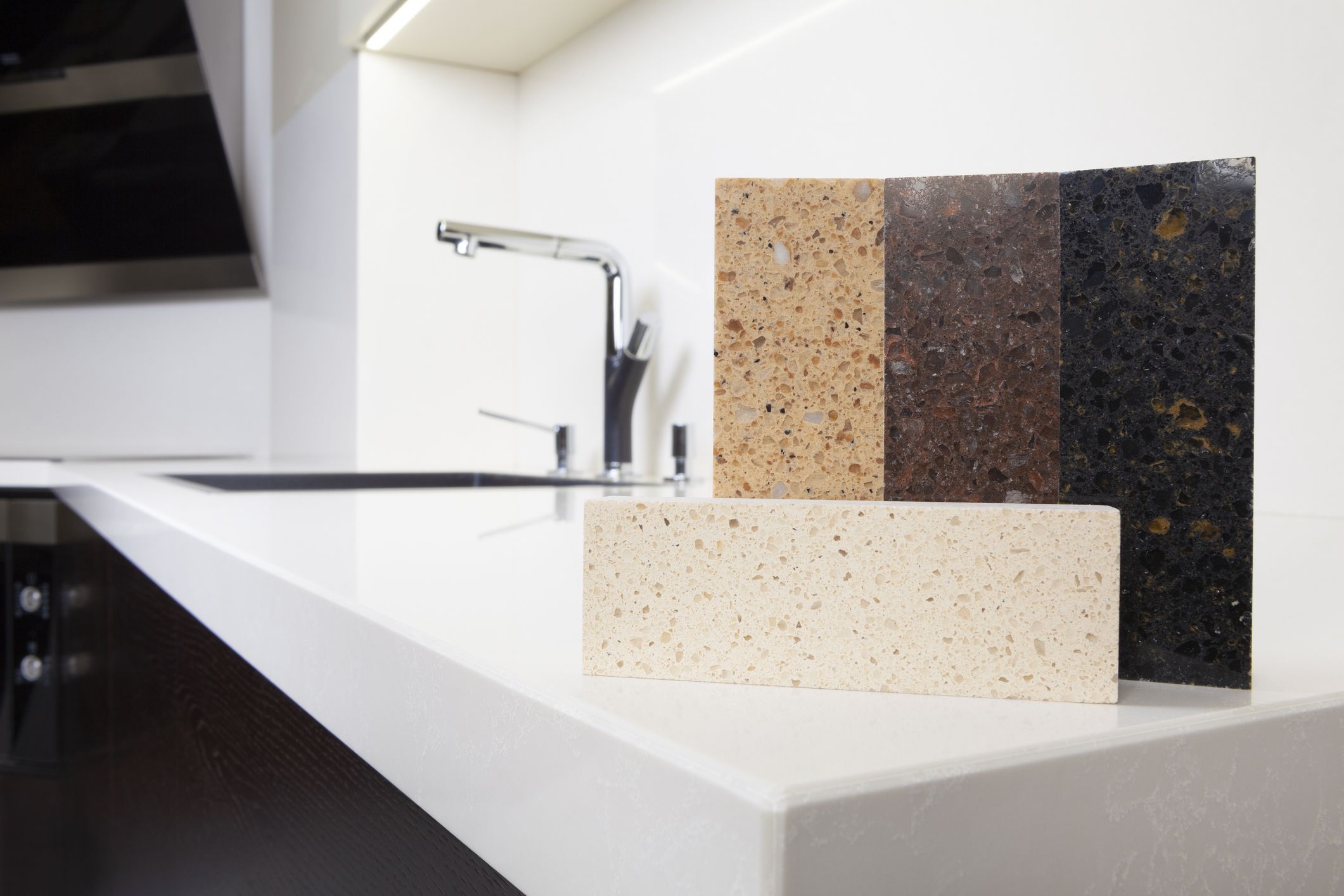

Articles
What Is The Best Material For Countertops In The Kitchen
Modified: January 19, 2024
Discover the best materials for kitchen countertops in this informative article. From durable granite to stylish quartz, find the perfect surface for your cooking and dining space.
(Many of the links in this article redirect to a specific reviewed product. Your purchase of these products through affiliate links helps to generate commission for Storables.com, at no extra cost. Learn more)
Introduction
The kitchen countertop is not only a functional surface but also a design element that can significantly enhance the aesthetics of your kitchen. It is a focal point that can make a statement and add value to your home. Selecting the best material for your kitchen countertops is crucial for both durability and visual appeal.
There are several factors to consider when choosing the right countertop material, such as durability, maintenance, cost, and style. In this article, we will explore some of the most popular countertop materials available in the market and help you make an informed decision for your kitchen.
Let’s dive into the different options and their features:
Key Takeaways:
- Granite countertops offer timeless elegance and exceptional durability, making them a popular choice for homeowners seeking a sophisticated and heat-resistant surface. However, they require regular sealing and can be costly to install.
- Quartz countertops provide a versatile and low-maintenance option with a wide range of colors and patterns, ideal for busy kitchens. While they are more expensive, their durability and customization options make them worth considering.
Granite Countertops
Granite countertops are a popular choice among homeowners due to their natural beauty and durability. This igneous rock is formed from cooled magma and consists of a mix of minerals such as quartz, feldspar, and mica. Granite countertops offer a timeless elegance and can withstand heat, scratches, and stains.
One of the biggest advantages of granite countertops is their durability. They are resistant to heat, making them an ideal surface for placing hot pots and pans without worry. Additionally, granite is highly scratch-resistant, so you can cut and chop directly on the countertop without causing damage.
Besides their durability, granite countertops come in a variety of colors and patterns, allowing you to find the perfect fit for your kitchen design. From subtle shades of white and gray to bold hues of black and brown, there is a granite option for every style.
However, it is important to note that granite countertops require regular sealing to maintain their appearance and protect them from stains. Without proper sealing, porous granite can absorb liquids and oils, leading to stains on the surface.
While granite countertops offer incredible strength and beauty, they can be quite costly compared to other options. The price of granite can vary depending on factors such as color, thickness, and origin. Additionally, the installation process may require professional help due to its weight and complexity.
Overall, granite countertops are a fantastic choice for those seeking durability, elegance, and a natural look for their kitchen surfaces. With proper care and maintenance, granite countertops can last a lifetime while adding value to your home.
Quartz Countertops
Quartz countertops have gained popularity in recent years due to their durability, versatility, and low maintenance requirements. Unlike natural stone countertops, quartz countertops are engineered using a combination of quartz crystals and resin, resulting in a non-porous and incredibly strong surface.
One of the biggest advantages of quartz countertops is their durability. They are highly resistant to scratches, stains, and heat, making them an excellent choice for busy kitchens. Unlike natural stone countertops, quartz does not require sealing, as its non-porous nature prevents liquids from penetrating the surface.
Another reason why quartz is a popular choice is the wide range of colors and patterns available. The manufacturing process allows for customization, making it easier to find a quartz countertop that matches your kitchen design perfectly. Whether you prefer a classic white or want a bold and vibrant color, there is a quartz option for every taste.
In addition to their durability and aesthetic versatility, quartz countertops are also low maintenance. They are easy to clean with just a mild soap and water solution, without the need for harsh chemicals or abrasive cleaners. This makes them a practical choice for homeowners who want a hassle-free countertop surface.
However, it’s worth noting that quartz countertops can be more expensive compared to other materials. The price can vary depending on factors such as brand, quality, and design. Additionally, while quartz is heat resistant, it is still recommended to use trivets or hot pads to protect the surface from extreme heat.
Overall, quartz countertops offer a winning combination of durability, versatility, and low maintenance. If you’re looking for a countertop material that can withstand the demands of a busy kitchen while offering a wide range of design options, quartz is definitely worth considering.
Marble Countertops
Marble countertops are renowned for their timeless beauty and elegance. This natural stone has been a staple in luxurious homes for centuries, and it continues to be a popular choice for kitchen countertops. Marble is formed from limestone that undergoes intense heat and pressure, resulting in a unique and luxurious material.
One of the main attractions of marble countertops is their stunning aesthetics. Marble is known for its distinct veining patterns and a wide range of colors, from classic white to rich black and everything in between. It brings a touch of sophistication and luxury to any kitchen design.
While marble is undeniably beautiful, it is important to note that it is a softer stone compared to granite or quartz. This means it is more prone to scratches and chipping. It is crucial to use cutting boards and avoid placing hot pots directly on the surface to prevent damage. Additionally, marble is a porous material, making it susceptible to stains from acidic substances like citrus juice, tomato sauce, or red wine. Regular sealing and proper maintenance are essential to keep marble countertops in pristine condition.
Despite its delicate nature, marble countertops have a unique charm that develops over time. As it ages, marble may develop a patina, adding character and depth to the surface. This natural aging process is often seen as a desirable feature by many homeowners.
When it comes to cost, marble can be more expensive compared to other countertop materials. The price can vary based on factors such as the quality of the stone, rarity of the type of marble, and the thickness of the slab. Maintenance costs should also be factored in, as marble may require regular sealing and gentle cleaning products.
Overall, marble countertops are an excellent choice for those who appreciate the beauty of natural stone and are willing to maintain them properly. They bring an unmatched elegance to any kitchen and can become a focal point that enhances the overall design aesthetic.
Solid Surface Countertops
Solid surface countertops are a popular choice for homeowners who want a versatile and practical option for their kitchen. These countertops are made from a synthetic material composed of a combination of acrylic, polyester, and resins. Solid surface countertops offer a seamless and uniform appearance and come in a wide range of colors and patterns.
One of the main advantages of solid surface countertops is their versatility. They can be custom made to fit any kitchen design, with the ability to create integrated sinks and backsplashes for a seamless look. The material is also malleable and can be easily shaped and formed to create curves and unique edge profiles.
Solid surface countertops are non-porous, making them resistant to stains and bacteria growth. This feature also makes them easy to clean with just soap and water or a mild household cleaner. The uniform surface means there are no visible seams, making it a visually appealing choice for those who prefer a sleek and modern look in their kitchen.
One of the drawbacks of solid surface countertops is their susceptibility to scratches and heat damage. While the material is relatively durable, it is advisable to use cutting boards and trivets to protect the surface. Additionally, extreme heat can cause discoloration or damage, so it is best to use hot pads or trivets when placing hot pans or pots on the countertop.
In terms of price, solid surface countertops can fall within a moderate to high price range. The cost varies depending on factors such as the brand, thickness, additional features, and customization options. Though they may be more expensive than some other countertop materials, solid surface countertops offer a durable and visually appealing solution for homeowners.
Overall, solid surface countertops provide a versatile and customizable option for homeowners looking for a sleek and seamless countertop surface. With proper care and maintenance, they can withstand everyday use and enhance the aesthetic appeal of any kitchen.
Ceramic Tile Countertops
Ceramic tile countertops offer a unique and budget-friendly option for homeowners who want a customizable and durable surface in their kitchen. Ceramic tiles are made from clay that is fired at high temperatures, resulting in a hard and resilient material that is resistant to heat, stains, and scratches.
One of the greatest advantages of ceramic tile countertops is the wide range of design options available. Ceramic tiles come in various colors, patterns, and sizes, allowing for endless creative possibilities. Whether you prefer a classic subway tile or mosaic patterns, there is a ceramic tile option to match your style and kitchen decor.
Ceramic tile countertops are relatively easy to clean and maintain. The smooth and non-porous glaze on the surface makes it resistant to stains and bacteria growth. Regular cleaning with non-abrasive household cleaners and mild soap and water is usually sufficient to keep the countertops looking their best.
However, it is important to note that ceramic tile countertops can be susceptible to chips and cracks, especially if heavy objects are dropped on them. The grout lines between the tiles can also be a challenge to keep clean over time and may require periodic sealing to prevent staining.
Another consideration with ceramic tile countertops is the need for proper installation. The tiles must be securely laid and grouted to ensure a stable and even surface. Professional installation is highly recommended to ensure the longevity and functionality of the countertops.
In terms of cost, ceramic tile countertops are generally more affordable compared to other materials. The price can vary depending on factors such as the quality, size, and design of the tiles, as well as the complexity of the installation. It is important to budget for both the cost of the tiles and the installation labor.
Overall, ceramic tile countertops offer a customizable and cost-effective solution for homeowners who want a durable and visually appealing surface in their kitchen. With proper installation and maintenance, ceramic tile countertops can provide years of functional and aesthetic value.
Granite is a popular choice for kitchen countertops due to its durability, heat resistance, and variety of colors and patterns. It is also relatively low maintenance and can add value to your home.
Laminate Countertops
Laminate countertops are a popular choice for homeowners seeking an affordable and versatile option for their kitchen. Laminate is a synthetic material composed of multiple layers of resin-soaked paper, bonded together with pressure and heat. It is then finished with a protective layer that can mimic the appearance of natural stone, wood, or various other patterns.
One of the major advantages of laminate countertops is their affordability. They offer a budget-friendly option for those looking for a cost-effective surface without compromising on appearance. Laminate countertops can provide the look of more expensive materials, allowing homeowners to achieve the desired aesthetic at a fraction of the cost.
Laminate countertops are also highly customizable. They come in a wide array of colors, patterns, and finishes, making it easy to find a design that suits your style and kitchen decor. Additionally, laminate is easy to cut and shape, allowing for easy customization of edges and curves.
Another benefit of laminate countertops is their resistance to stains and easy cleanup. The non-porous surface prevents liquids and spills from penetrating the material, making it relatively low maintenance. It can be easily cleaned with mild soap and water, requiring no special cleaning agents or treatments.
However, it is important to note that laminate countertops are not as heat or scratch-resistant as some other materials. Hot pans or sharp knives can potentially damage the surface, so the use of trivets and cutting boards is advised. Additionally, laminate countertops can be susceptible to water damage if the seams or edges are not properly sealed and maintained.
In terms of installation, laminate countertops are relatively easy to install, making it a suitable option for DIY projects. However, for a professional and seamless result, it is recommended to have them installed by a professional to ensure proper fit and finishing.
Overall, laminate countertops offer an affordable and versatile option for homeowners who want a budget-friendly surface that provides durability and aesthetic appeal. With proper care and maintenance, laminate countertops can be a practical and stylish addition to any kitchen.
Stainless Steel Countertops
Stainless steel countertops are a popular choice for homeowners who want a sleek and modern look in their kitchen. Made from a combination of chromium, nickel, and steel, stainless steel countertops offer a range of benefits that make them highly desirable in both residential and commercial settings.
One of the main advantages of stainless steel countertops is their durability. Stainless steel is resistant to stains, heat, and corrosion, making it a practical choice for a busy kitchen. It is highly resistant to bacteria growth, making it a hygienic surface option as well.
Another benefit of stainless steel countertops is their ease of maintenance. They are easy to clean using mild soap and water or a stainless steel cleaner, and can be wiped down to maintain their shine. Additionally, stainless steel is non-porous, which means it does not require sealing and is resistant to stains.
Stainless steel countertops are also highly versatile in terms of design. They complement various kitchen styles, from modern and industrial to contemporary and minimalist. Stainless steel countertops can be custom fabricated to fit any space and can include integrated sinks and backsplashes for a seamless look.
However, it’s worth noting that stainless steel countertops can scratch easily, so it is important to use cutting boards and avoid dragging heavy or sharp objects across the surface. Over time, stainless steel countertops can develop a patina or fine scratches, which some homeowners may see as part of its charm while others may prefer a more pristine look.
In terms of cost, stainless steel countertops can be more expensive compared to other materials. The cost can vary depending on factors such as the gauge of the steel, complexity of the fabrication, and additional features like integrated sinks. It is important to consider the budget and long-term value when opting for stainless steel countertops.
Overall, stainless steel countertops are a durable and stylish choice for homeowners who want a modern and hygienic surface in their kitchen. With proper care and maintenance, stainless steel countertops can provide a sleek and timeless look that can elevate the overall design of any kitchen.
Concrete Countertops
Concrete countertops have gained popularity in recent years as a unique and customizable choice for kitchen surfaces. Made from a mixture of cement, aggregates, and water, concrete countertops offer a modern, industrial aesthetic that can be tailored to suit various design preferences.
One of the main attractions of concrete countertops is their versatility in design. They can be customized with different colors, textures, and patterns, allowing homeowners to achieve a truly unique and personalized look. Concrete can be poured and shaped to fit any kitchen layout, including curved edges and integrated sinks.
In addition to their aesthetic versatility, concrete countertops are highly durable and heat-resistant. When properly sealed, they can withstand high temperatures without any damage. However, it’s important to note that concrete countertops can be susceptible to scratches and stains, especially if not sealed or maintained properly. Regular sealing can help protect the surface and make it more resistant to wear and tear.
Maintenance of concrete countertops involves regular cleaning with mild soap and water. Avoiding harsh chemical cleaners and abrasive scrubbing pads is recommended to prevent any damage to the sealer. Occasional resealing may be required to maintain the longevity and appearance of the countertops.
While concrete countertops offer numerous benefits, it’s essential to be aware of a few potential downsides. Concrete is a heavy material, so proper support is necessary during installation. Moreover, the installation process often requires professional help due to the need for precise measurements, mold creation, and pouring techniques.
In terms of cost, concrete countertops can vary in price depending on factors such as the complexity of the design, customization options, and the region’s material costs. They can fall within a moderate to high price range, making them comparable to other premium countertop materials.
Overall, concrete countertops can be a striking and durable choice for homeowners seeking a modern and customizable surface. With proper care and maintenance, they can provide a unique and long-lasting addition to any kitchen.
Read more: What Are The Best Roof Shingles
Butcher Block Countertops
Butcher block countertops offer a warm and natural aesthetic that adds a touch of rustic charm to any kitchen. Made from solid wood, typically maple, oak, or walnut, butcher block countertops provide a unique blend of functionality and beauty.
One of the main attractions of butcher block countertops is their versatility. They provide a sturdy and durable surface that is ideal for chopping, slicing, and other food preparation tasks. The natural grain of the wood and warm tones create a cozy and inviting atmosphere in the kitchen.
Butcher block countertops are also relatively easy to maintain. Regular cleaning with mild soap and water is usually sufficient to remove any dirt or spills. It is important to note that wood is a porous material, so it is essential to wipe up any liquid spills promptly to prevent staining or warping.
A unique feature of butcher block countertops is their ability to be easily restored and refinished. Over time, the surface may develop scratches or knife marks, but these can be sanded out and the countertop can be resealed to restore its original beauty. This makes butcher block countertops a long-lasting investment that can be enjoyed for years to come.
However, it’s important to consider that wood countertops require regular care and maintenance to keep them in optimal condition. They need to be oiled periodically to prevent drying and to maintain their luster. This can vary depending on usage and exposure to heat and moisture.
In terms of price, butcher block countertops are typically more affordable compared to other materials such as granite or quartz. The cost can vary depending on factors such as the type of wood, thickness of the countertop, and any additional customization or finishing options.
Overall, butcher block countertops offer a unique and charming option for homeowners who desire a warm and functional kitchen surface. With proper care and maintenance, they can become a focal point in the kitchen and provide years of enjoyment.
Conclusion
Choosing the best material for your kitchen countertops is an important decision that can significantly impact both the functionality and aesthetics of your kitchen. Each countertop material has its own unique qualities, advantages, and drawbacks. Ultimately, the right choice will depend on your personal preferences, budget, and lifestyle.
Granite countertops offer a timeless and elegant look with exceptional durability and heat resistance, making them a popular choice among homeowners. Quartz countertops provide versatility, low maintenance, and a wide range of colors and patterns to suit any kitchen design. Marble countertops offer a luxurious and sophisticated appearance, but require careful maintenance due to their susceptibility to scratches and stains.
Solid surface countertops provide a customizable and seamless surface with easy maintenance and hygiene benefits. Ceramic tile countertops offer endless design possibilities and are a budget-friendly option, though they can be prone to chips and cracks. Laminate countertops provide a cost-effective solution with a wide range of colors and finishes.
Stainless steel countertops offer a sleek and modern look with excellent durability and easy maintenance, but can be prone to scratches. Concrete countertops provide a unique and customizable option with a modern aesthetic, although they may require regular sealing and maintenance. Butcher block countertops offer a warm and natural feel with the ability to be easily restored, but require regular care and maintenance.
In the end, it is crucial to consider factors such as durability, maintenance, cost, and style when choosing the best material for your kitchen countertops. Take the time to research and explore different options, considering your specific needs and preferences. Consulting with professionals can also provide valuable insights and guidance.
By carefully considering all these factors, you can find the perfect countertop material that not only adds functionality and durability to your kitchen but also enhances the overall aesthetic appeal of your home.
Frequently Asked Questions about What Is The Best Material For Countertops In The Kitchen
Was this page helpful?
At Storables.com, we guarantee accurate and reliable information. Our content, validated by Expert Board Contributors, is crafted following stringent Editorial Policies. We're committed to providing you with well-researched, expert-backed insights for all your informational needs.
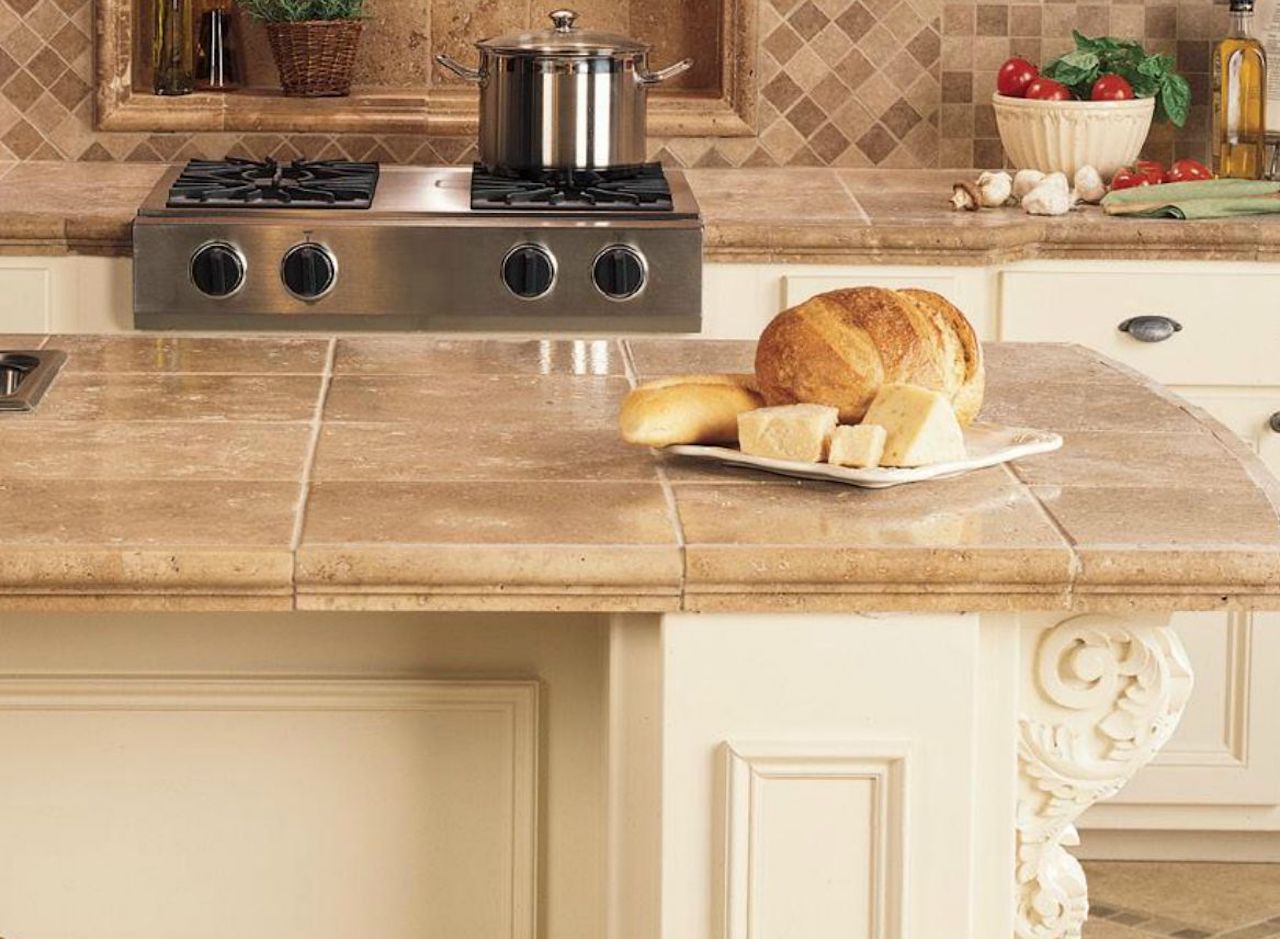
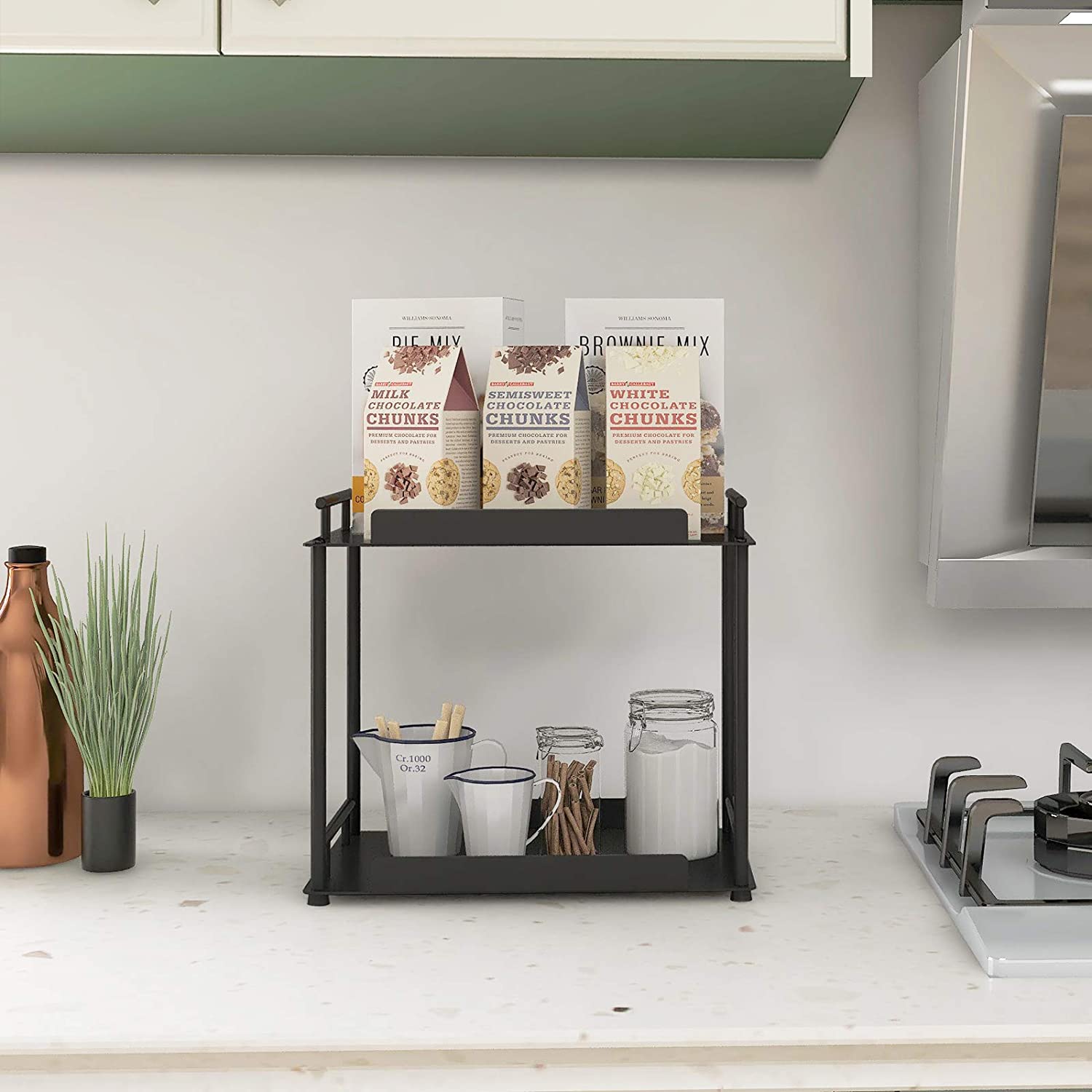
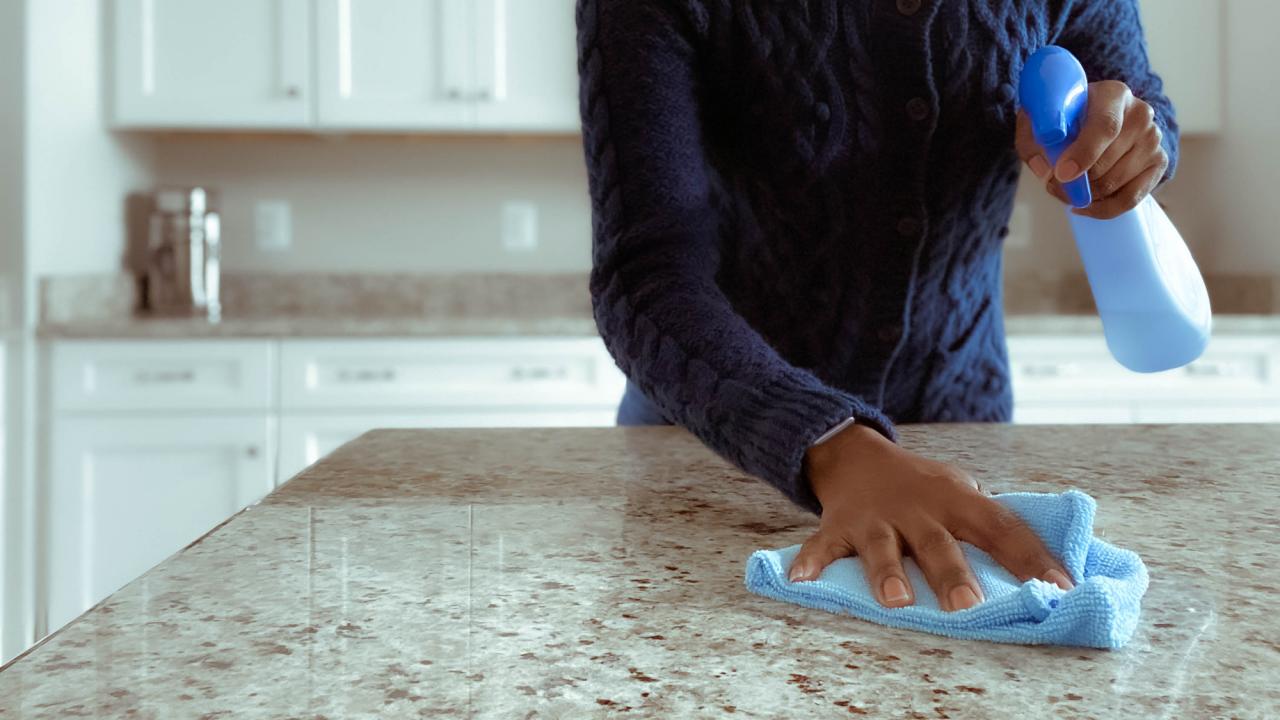
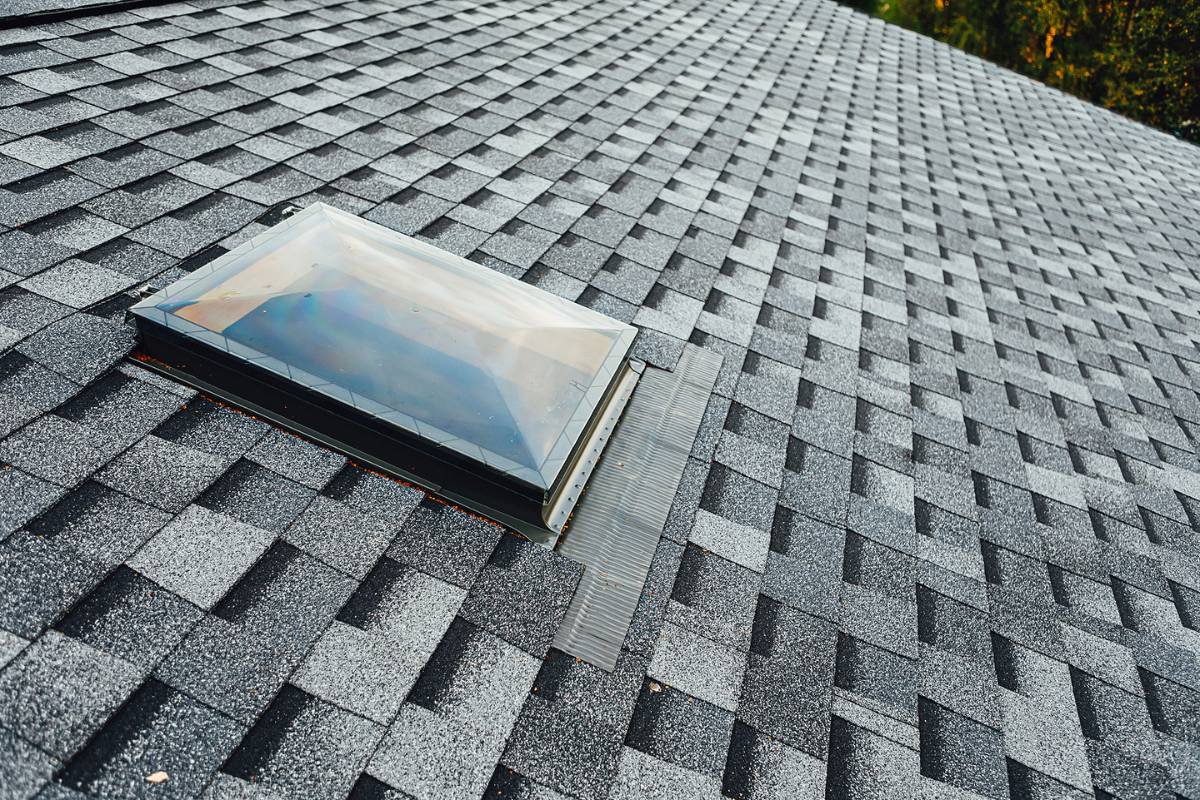
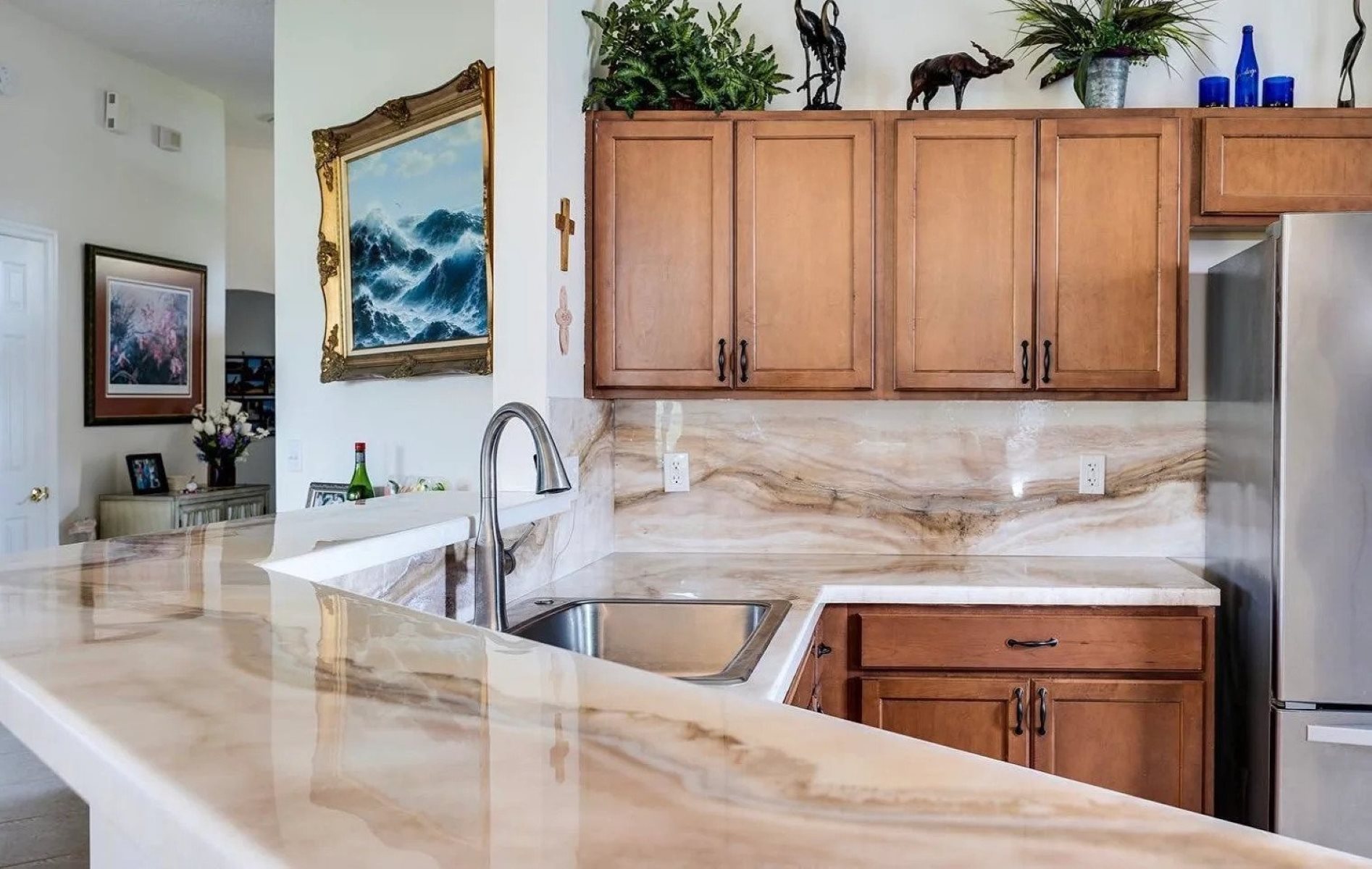
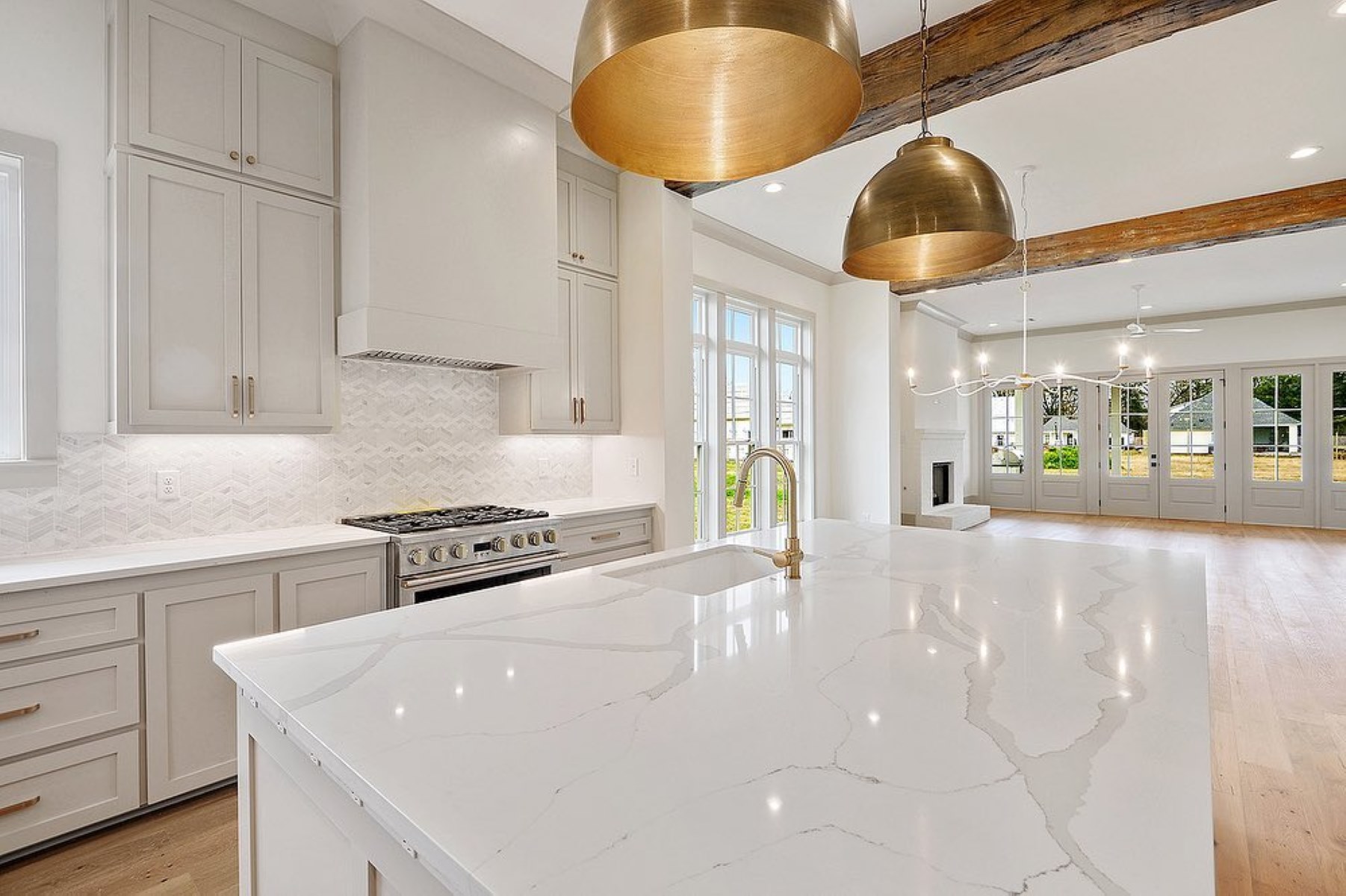
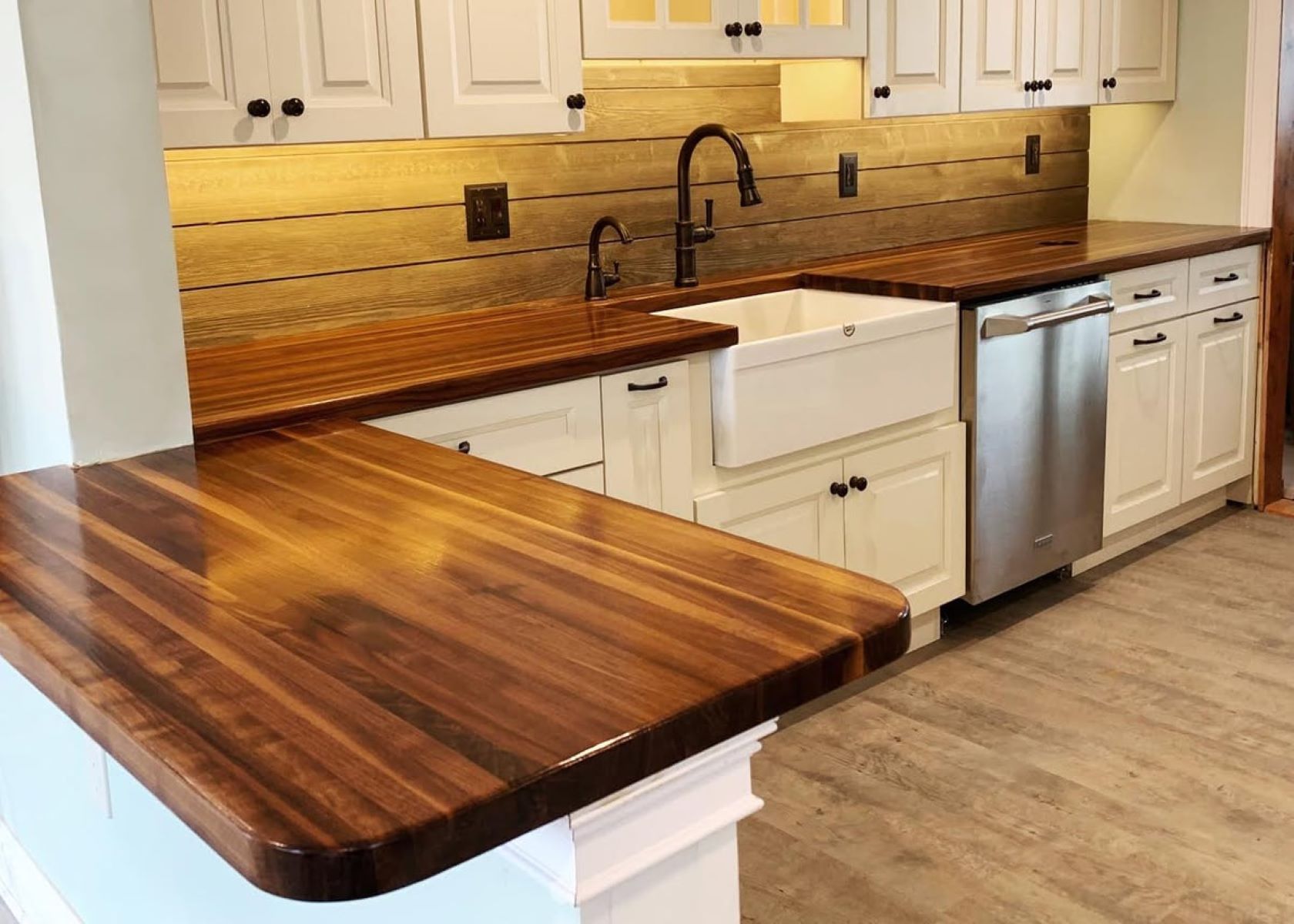
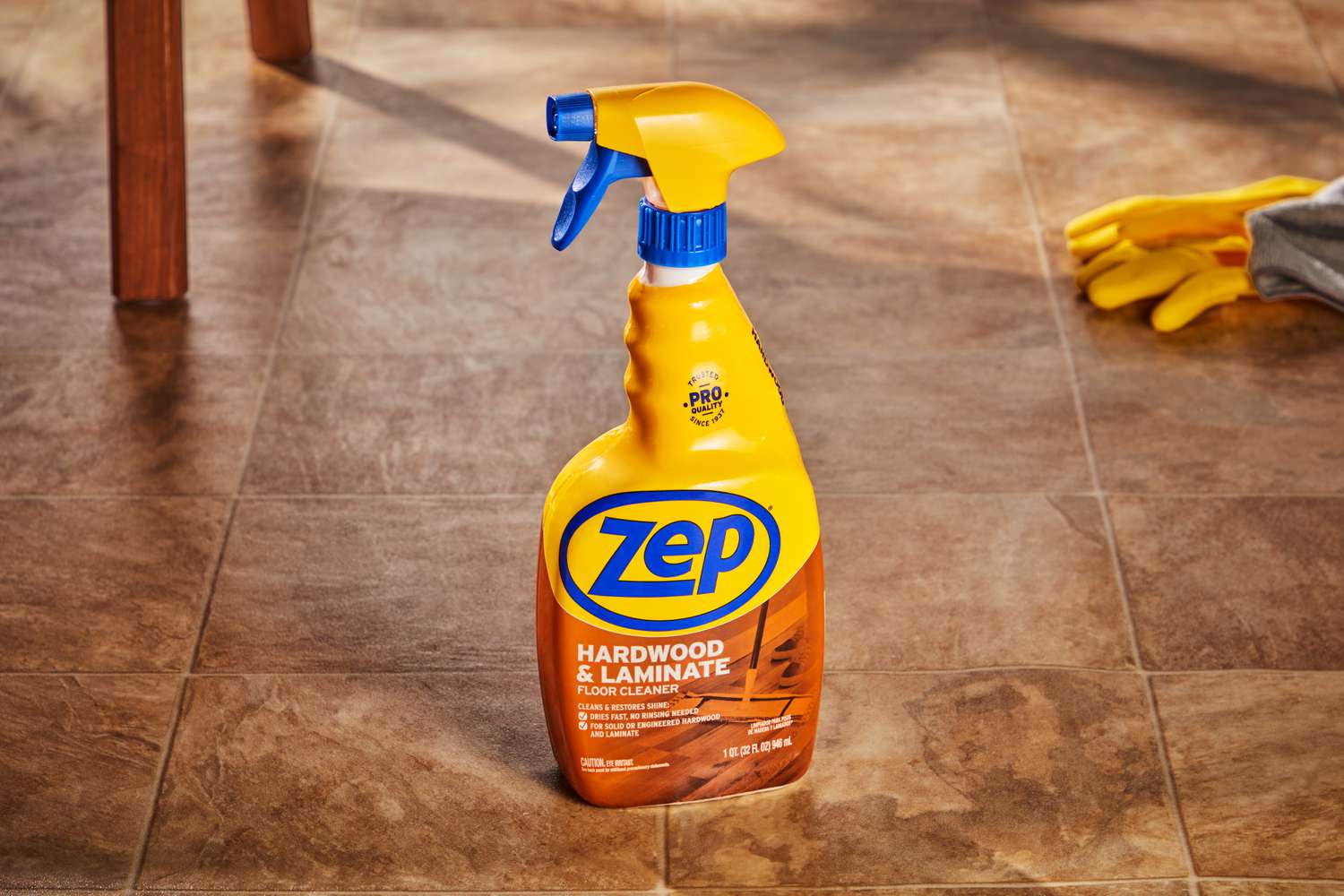
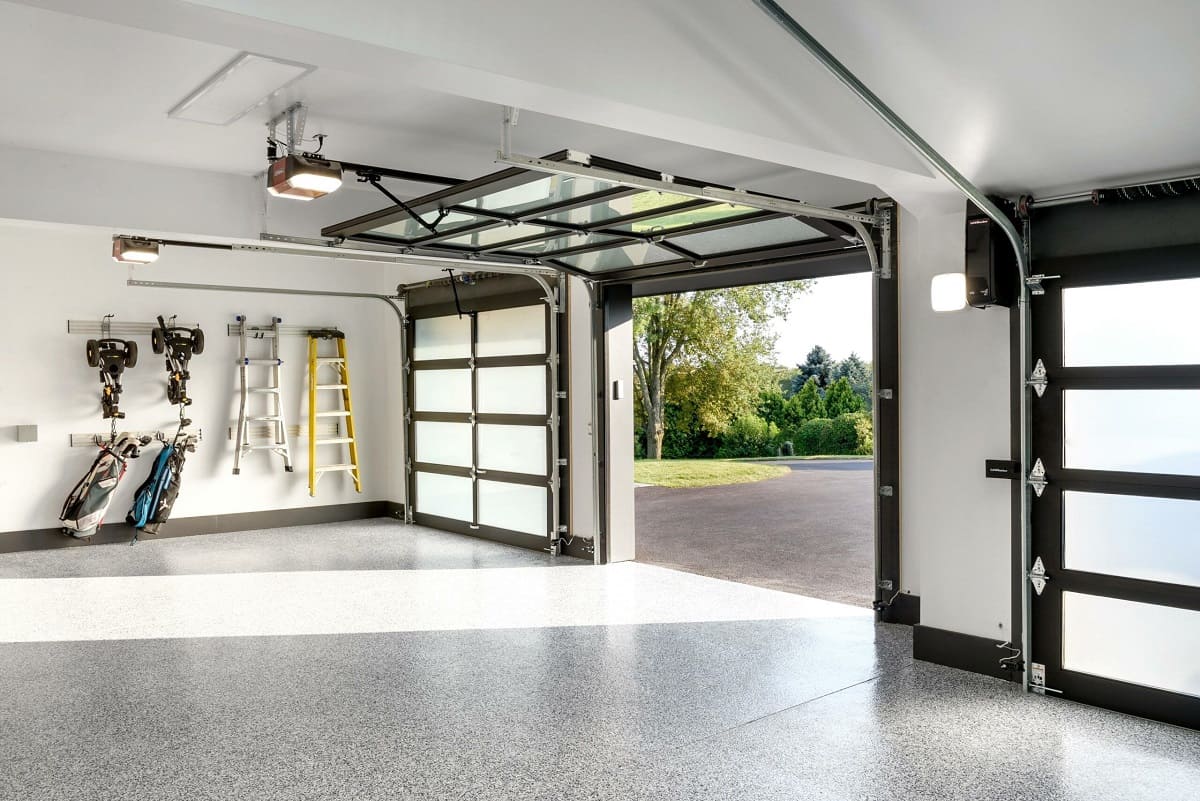
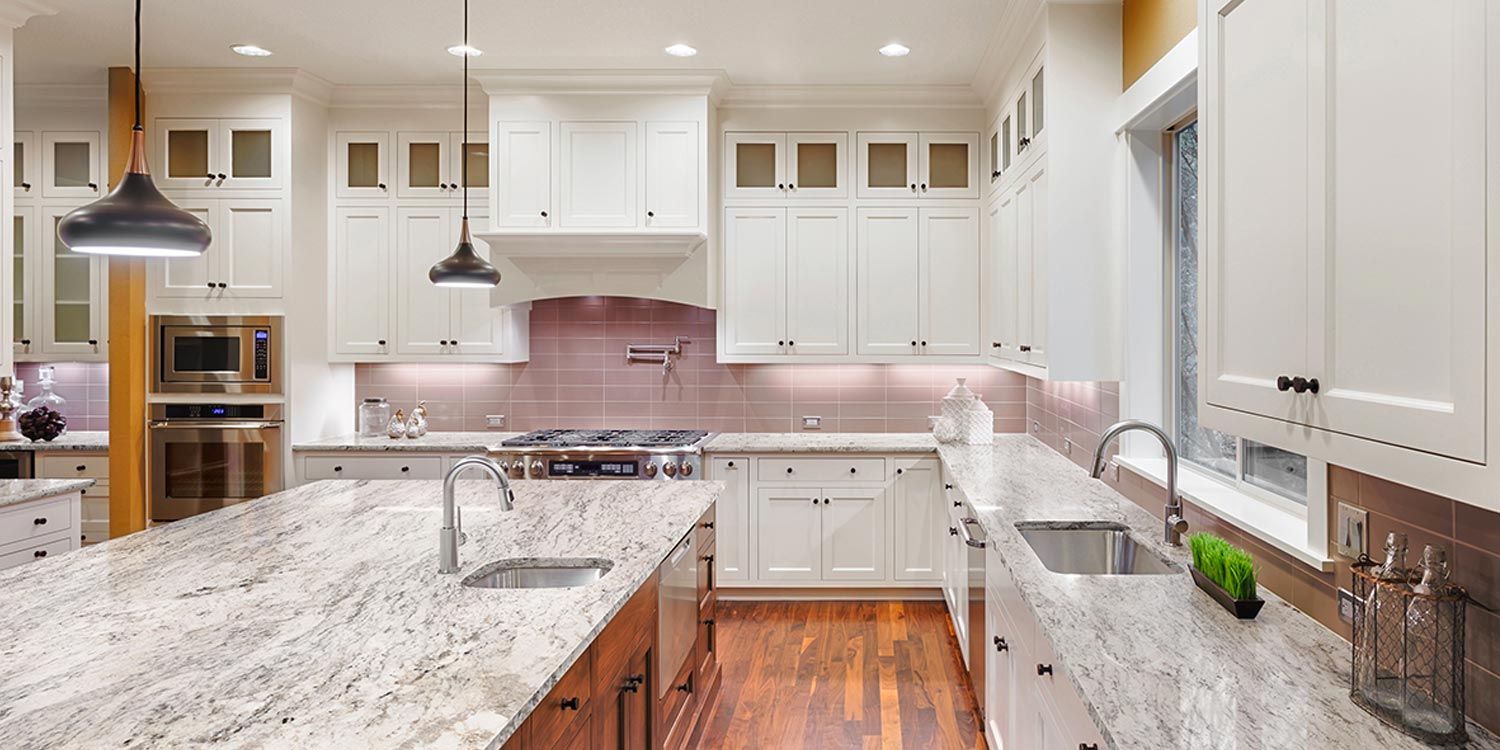
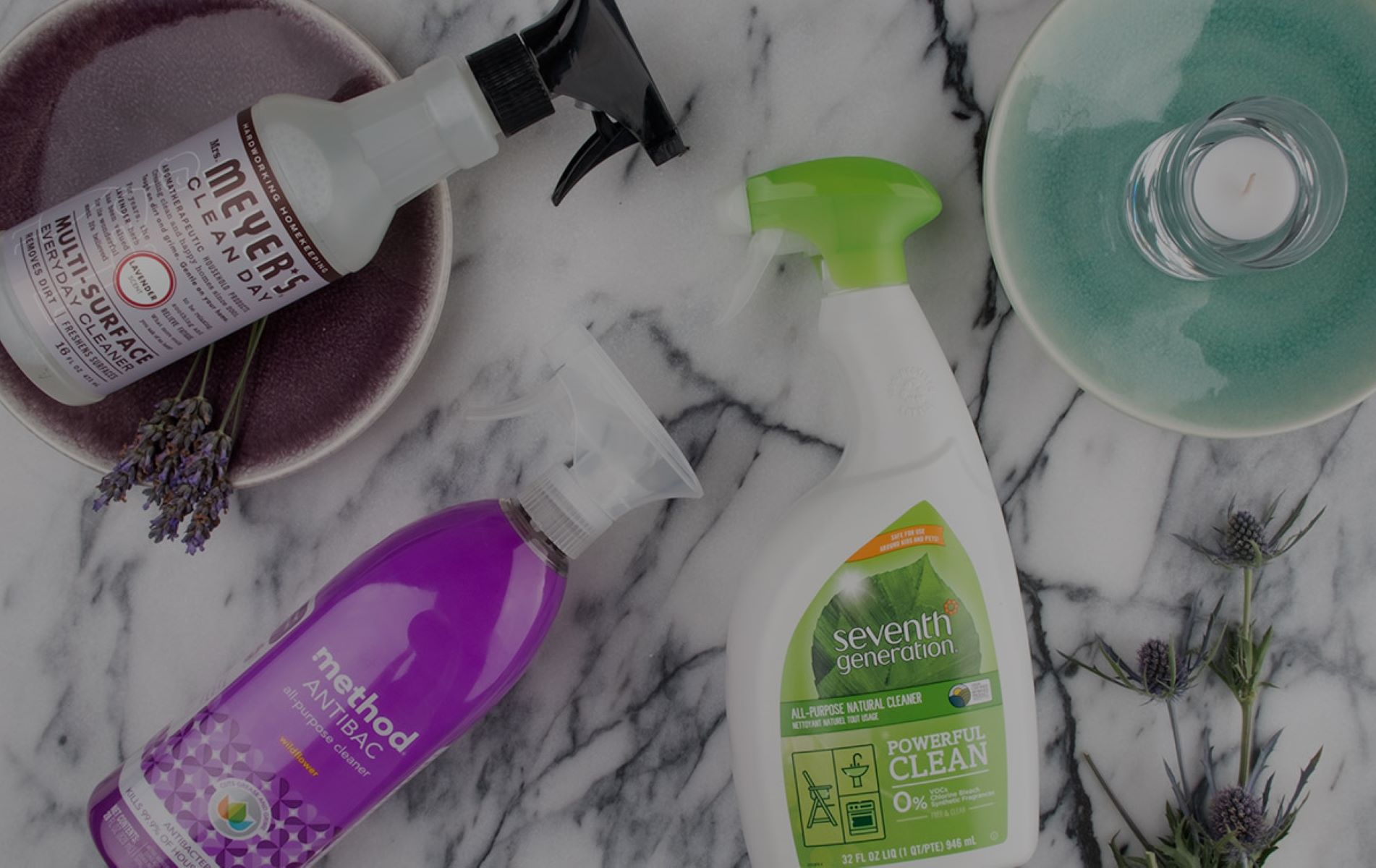
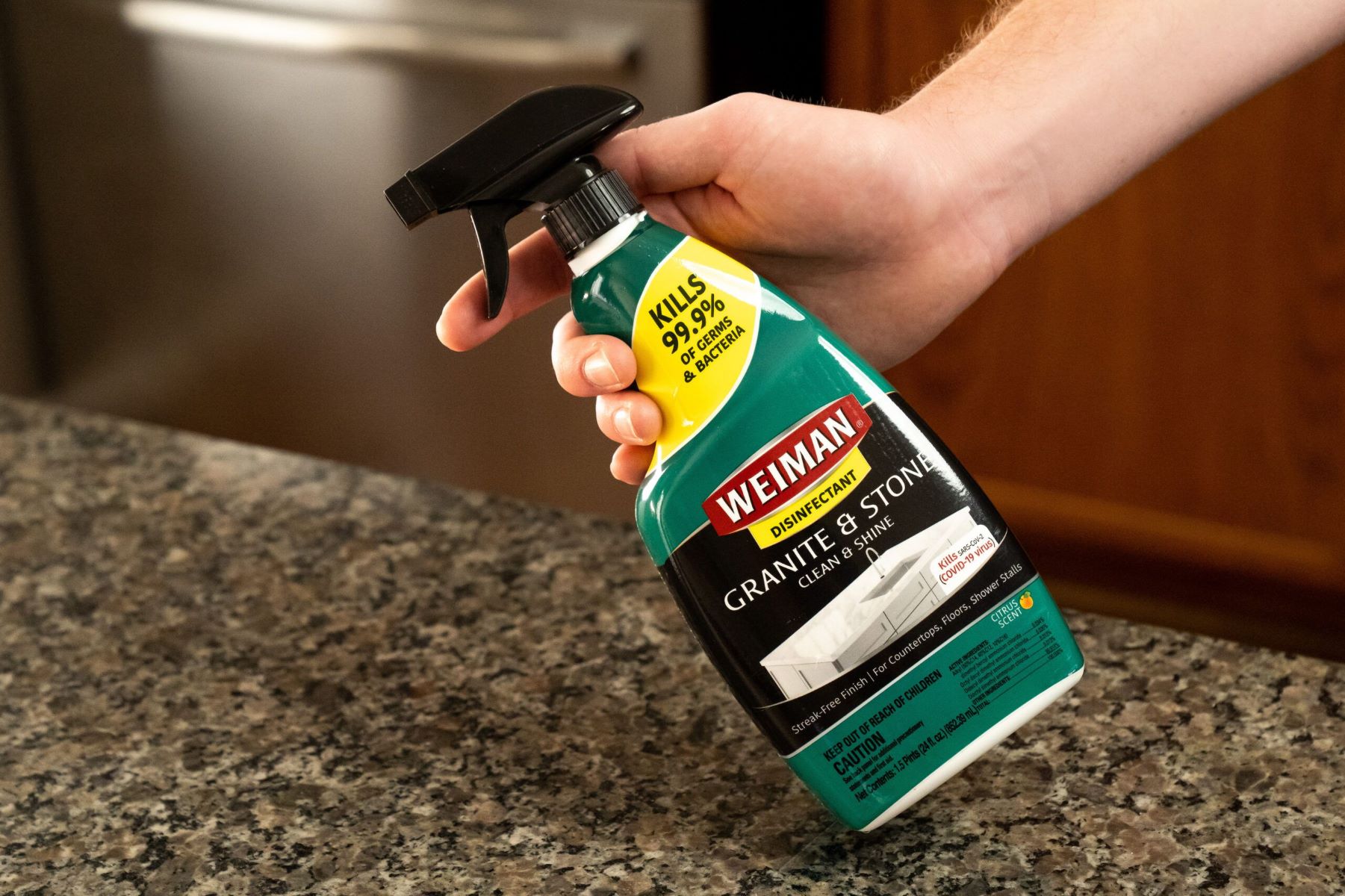
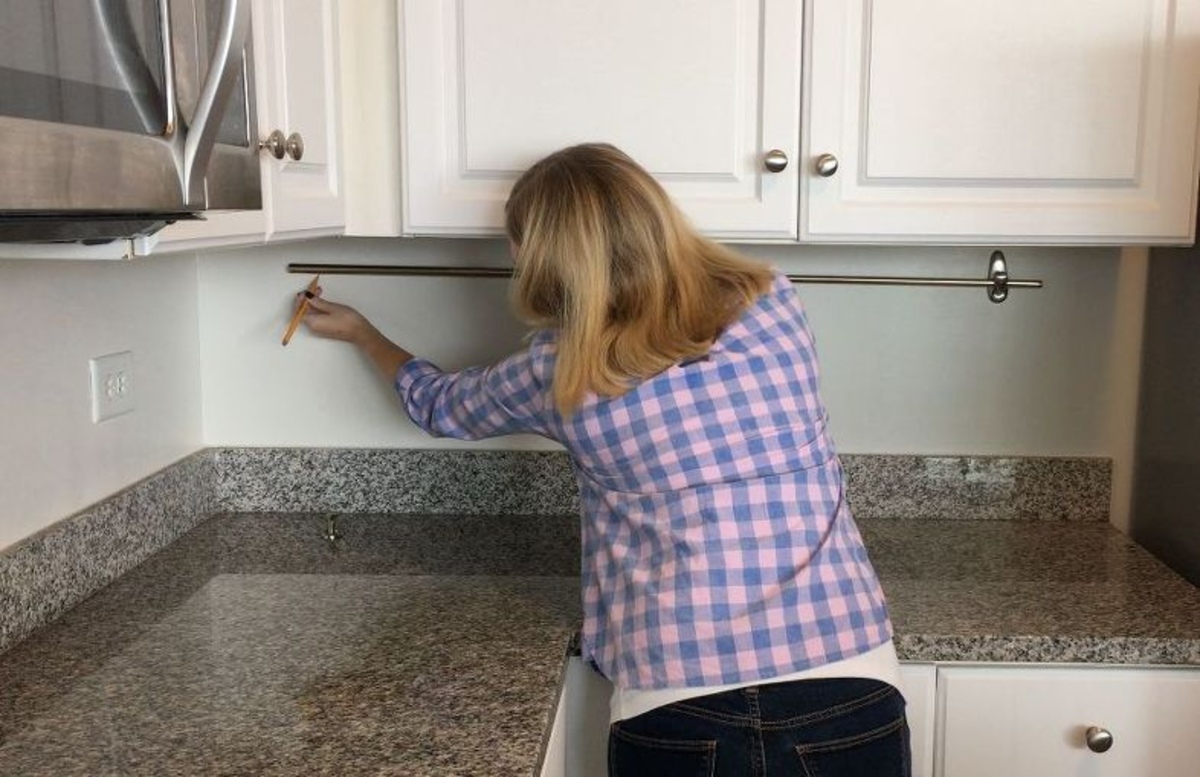

0 thoughts on “What Is The Best Material For Countertops In The Kitchen”